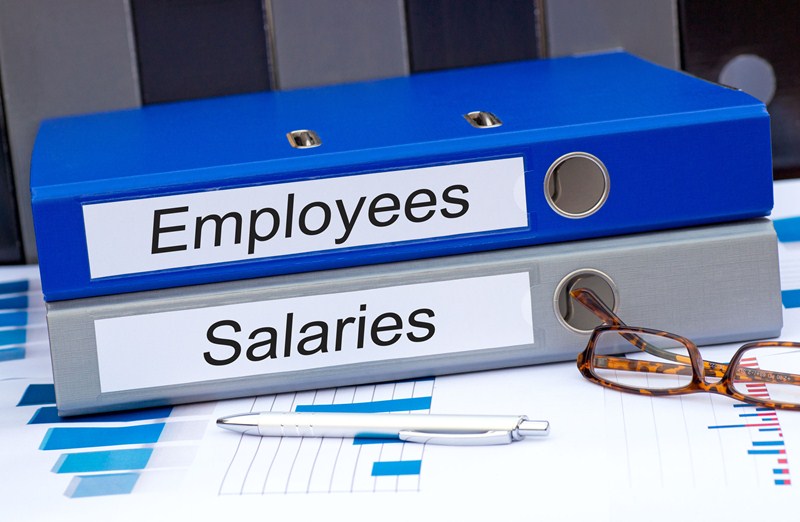The Register of Overseas Entities came into force in the UK on 1 August 2022. The register is held by Companies House and requires overseas entities that own land or property in the UK to declare their beneficial owners and / or managing officers.
Overseas entities that already own UK property were required to register with Companies House and provide details of their registrable beneficial owners and / or managing officers by 31 January 2023.
This applies to overseas entities who bought property or land on or after 1 January 1999 in England and Wales, 8 December 2014 in Scotland and on or after 1 August 2022 in Northern Ireland.
Entities that disposed of property or land after 28 February 2022 will also need to give details of those disposals.
Information on the register will be available to HMRC and will be used to help identify offshore tax non-compliance of:
- overseas legal entities
- overseas legal arrangements
- beneficial owners (including settlors, beneficiaries etc).
After registering, the overseas entity will get a unique Overseas Entity ID to give to the land registry when it buys, sells, transfers, leases or charges UK property or land.
Companies House is currently receiving a high volume through the service, so it may take longer than usual to process applications.












